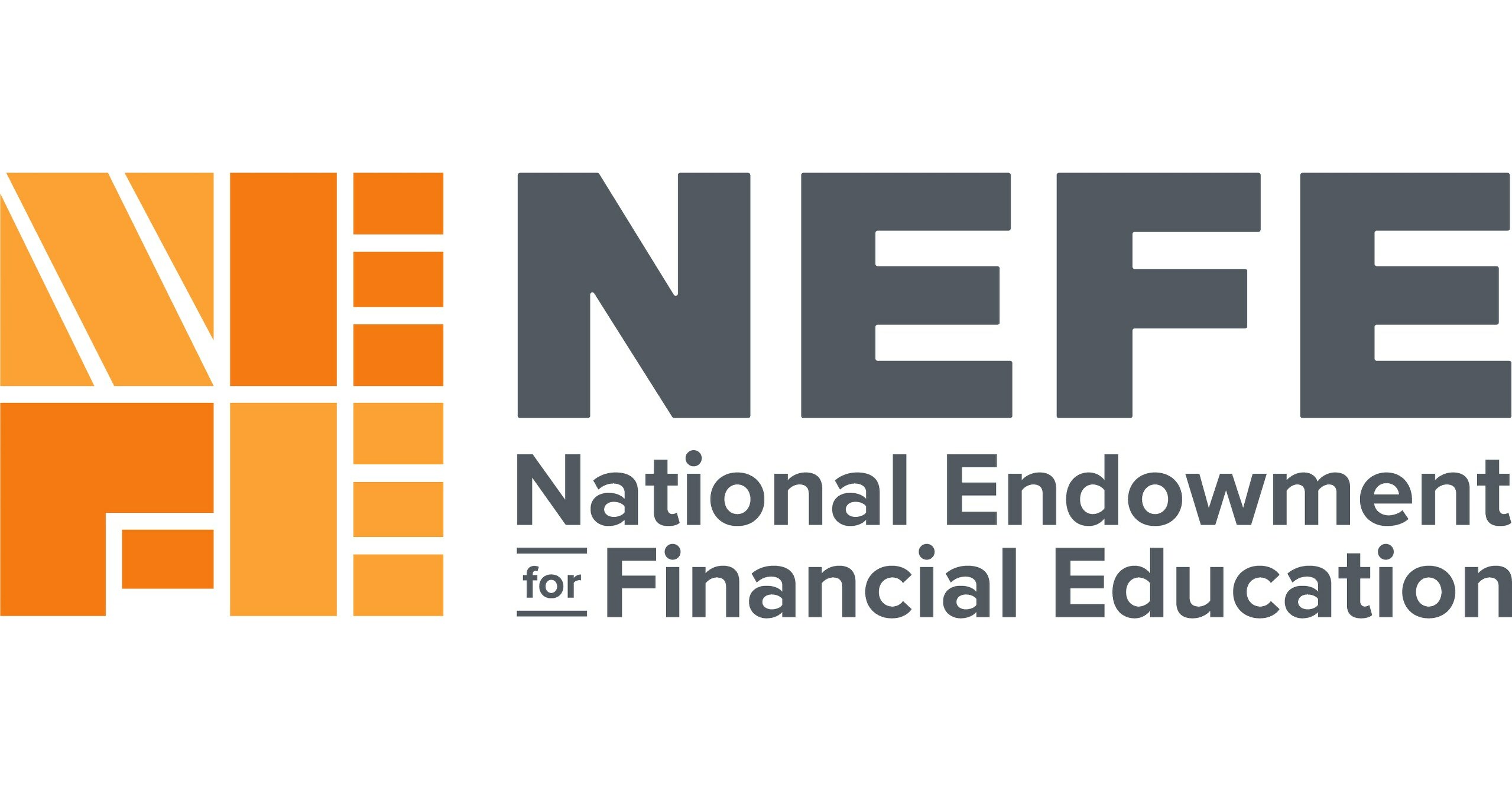Poll Shows 75% Think Financial Education In Schools Would Help

More than three-fourths (75%) of Americans in a new poll said they think mathematics and economics/personal finance should be part of the core curriculum in education. In the study conducted by National Endowment for Financial Education (NEFE), respondents were asked to select six ideal core subjects. Additionally, 70% of respondents who did not receive focused financial education said their current quality of life would be better had they had the opportunity to take it, and that it would better prepare students for life after graduation.
“We believe schools and school districts should strongly consider the courses they offer—and even require—to fully prepare young adults for their futures. A majority of states now require financial education, and this poll reinforces the importance of these efforts,” says Billy Hensley, Ph.D., president and CEO of NEFE. “These data do more than simply support the need for financial education. The findings indicate that many U.S. adults believe it is on the same level of importance as core curricula that students must complete throughout their educational careers.”
NEFE, in conjunction with Verasight, polled U.S. adults on their general views of education, including whether it should be viewed as a guaranteed right, what the purpose should be, where additional funding should be allocated, and which subjects should be required, elective or not offered at all.
- At 82%, more respondents believe access to “Public K-12 Education” is a guaranteed right to everyone compared to “Food/Adequate Nutrition” (75%), “Healthcare” (74%), “Public Transportation” (63%), “Housing” (62%), “Childcare” (48%) and “Higher Education” (44%).
- “English/Language Arts” (88%), “Personal Finance Education” (80%), “U.S. History” (78%), “Foundational Math” (77%) and “Civics/U.S. Government” (75%) were the five courses most respondents stated should be required for all students, chosen from a list of subjects commonly seen in high school curricula.
- “Teaching children basic life skills they will rely on in adulthood” (57%) and “Expanding children’s knowledge and critical thinking skills” (53%) were what most respondents believe is the purpose of public education. No other option was selected by over 50% of respondents.
- Aside from traditional core curricula subjects, respondents believe additional funding (e.g., teacher training, professional development, materials, etc.) should be allotted for “Economic/Personal Finance Education” (46%) and “Computer Science/Digital Literacy” (41%).
Notable data points from the poll include:
- 86% of respondents who reported taking a full semester personal finance course or training said they considered it “somewhat” (22%) or “very” (64%) valuable. Only 76% of those who took a few weeks or took several lessons, and 71% who took a single workshop or class, responded similarly.
- Respondents stated the most valuable outcome of financial education is “Budgeting, Saving and Money Management” (80%), followed by “Financial Independence” (66%) and “Avoiding Debt and Credit Delinquencies” (65%).
- Only 1% of respondents stated that “Personal Finance Education” should not be offered at all, either as a required or an elective course.
- Nearly half of parents of K-12 students (48%) would like to see additional funding allocated toward “Economic/Personal Finance Education.”
- 61% of respondents ages 18-29 think “Reducing financial stress or anxiety” is among the most valuable outcomes of financial education.
- “Economics/Personal Finance Education” was selected as the most essential course by 75% of respondents who identify as “Democrats” or “lean Democrat,” 77% of those who identify as “Independents” and 75% of those who identify themselves as “Republican” or “lean Republican.”
This poll follows momentum of financial education graduation requirement legislation passing at the state level. Four state legislatures—Kentucky, Colorado, Texas and Delaware—passed financial education graduation requirement bills in 2025, bringing the total number of states with signed or pending laws to 30.
“NEFE fully supports inclusive, widespread and well-rounded education for all students, and the number of states that affirm that belief in the importance of financial education has significantly increased over the past three years. We urge stakeholders in individual communities to utilize these data to support current and future students,” Hensley continues.
Additionally, these data provide more context to polling NEFE conducted earlier in the year, which stated that 83% of respondents say the state they live in should require a semester- or year-long course focused on personal finance as a graduation requirement, while 82% of respondents who attended high school say they wish they were required to complete a personal finance class while they were in school.
“Throughout 2025, we have gained inspiring data about the importance of financial education and have received an overwhelming response in favor of personal finance instruction among those who did not have access to it in high school. From legislators to education leaders, decision makers at every level should now feel confident about requiring financial education among the most essential high school subjects for future success,” Hensley adds.
For more on this poll, visit the NEFE website.
Thanks for reading CPA Practice Advisor!
Subscribe for free to get personalized daily content, newsletters, continuing education, podcasts, whitepapers and more…
Subscribe
Already registered? Log In
Need more information? Read the FAQs
link





